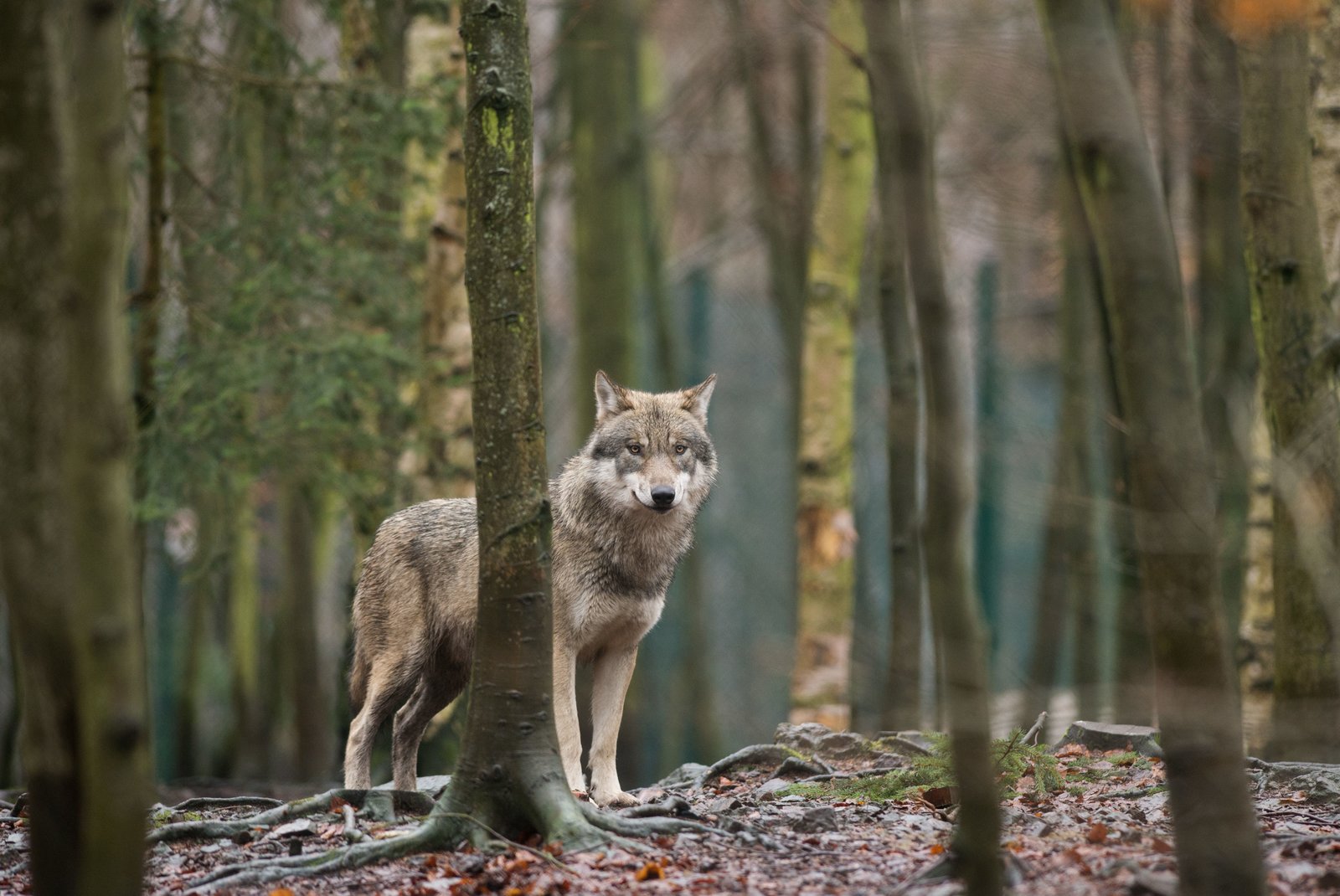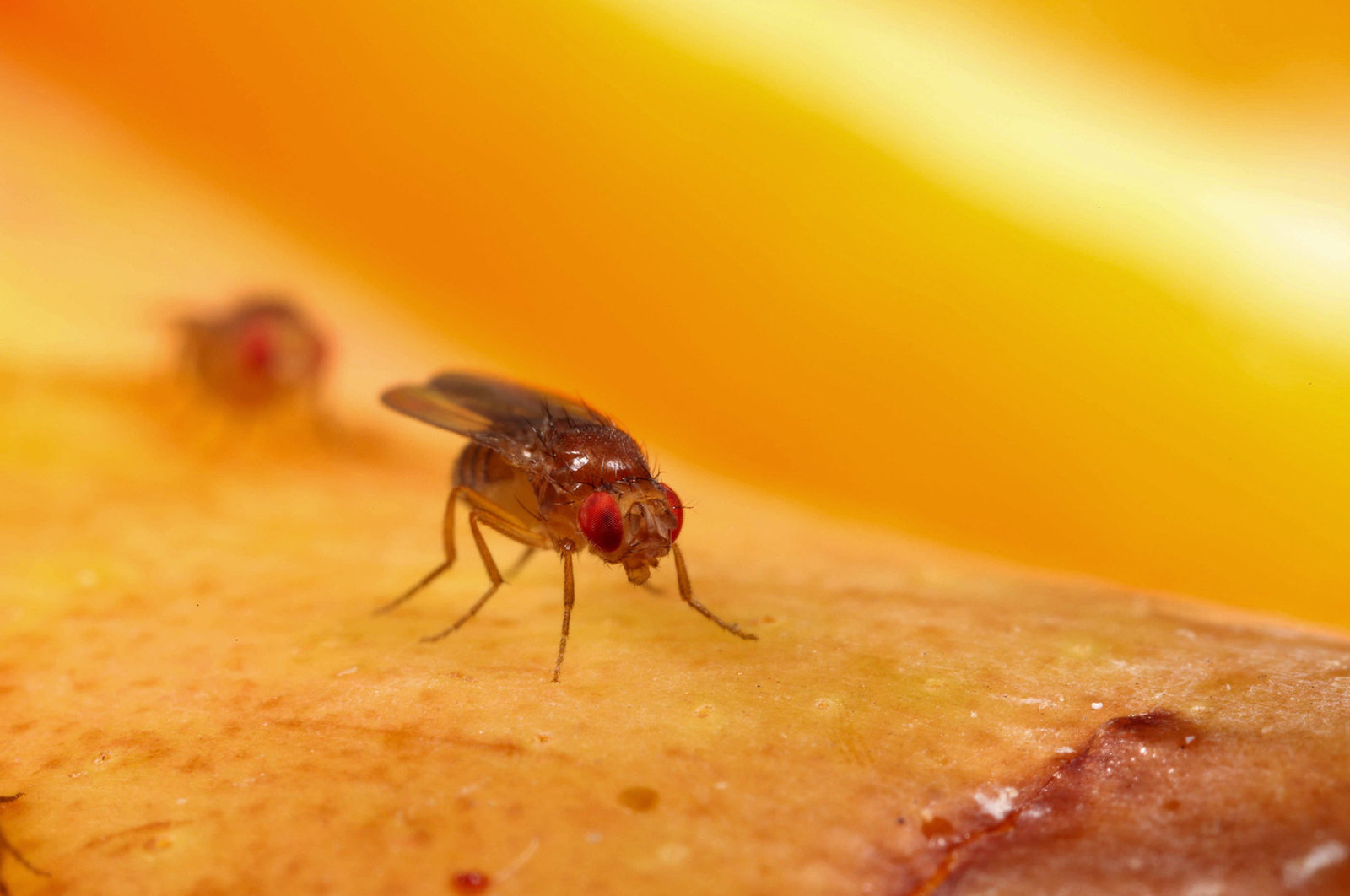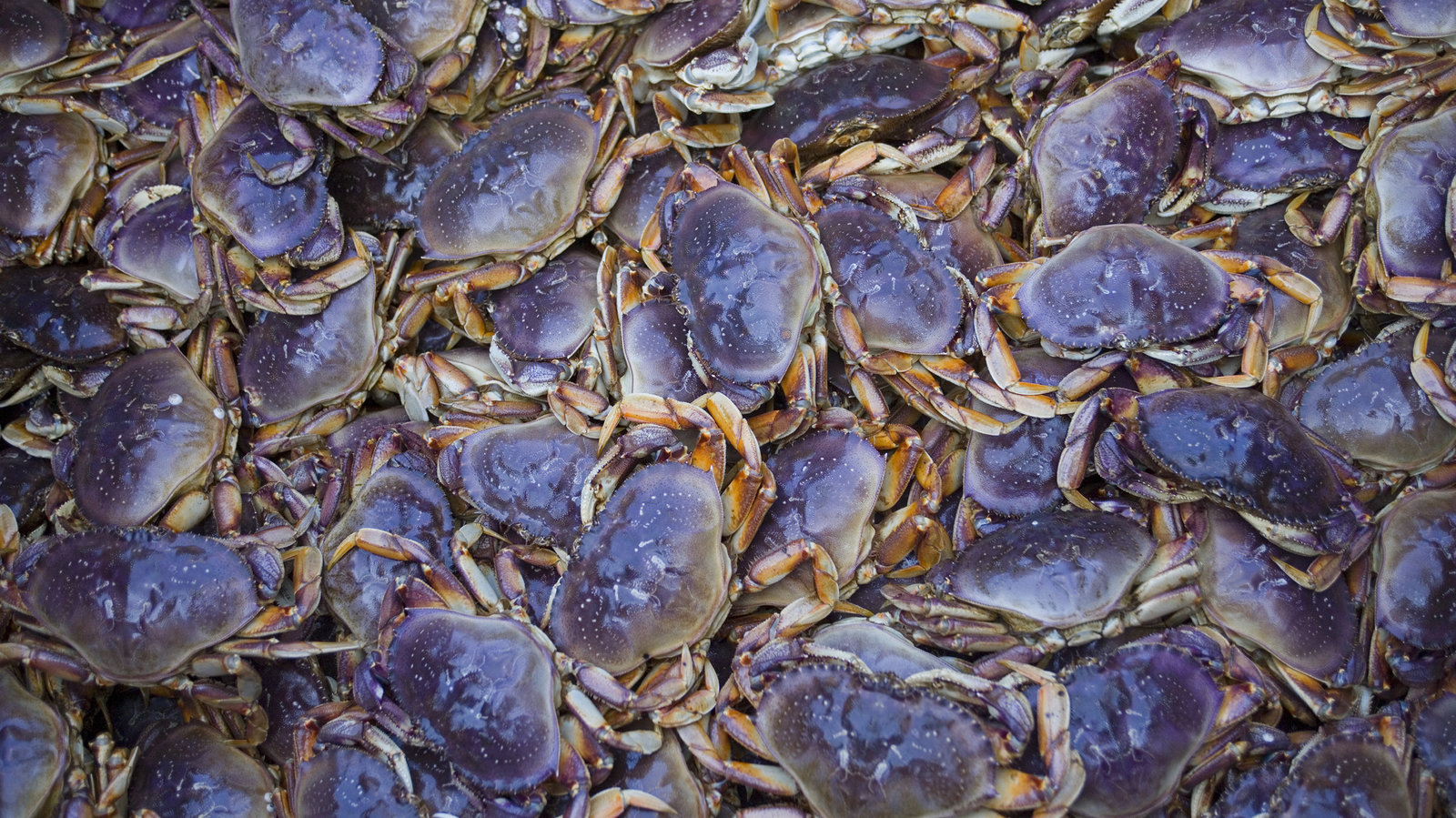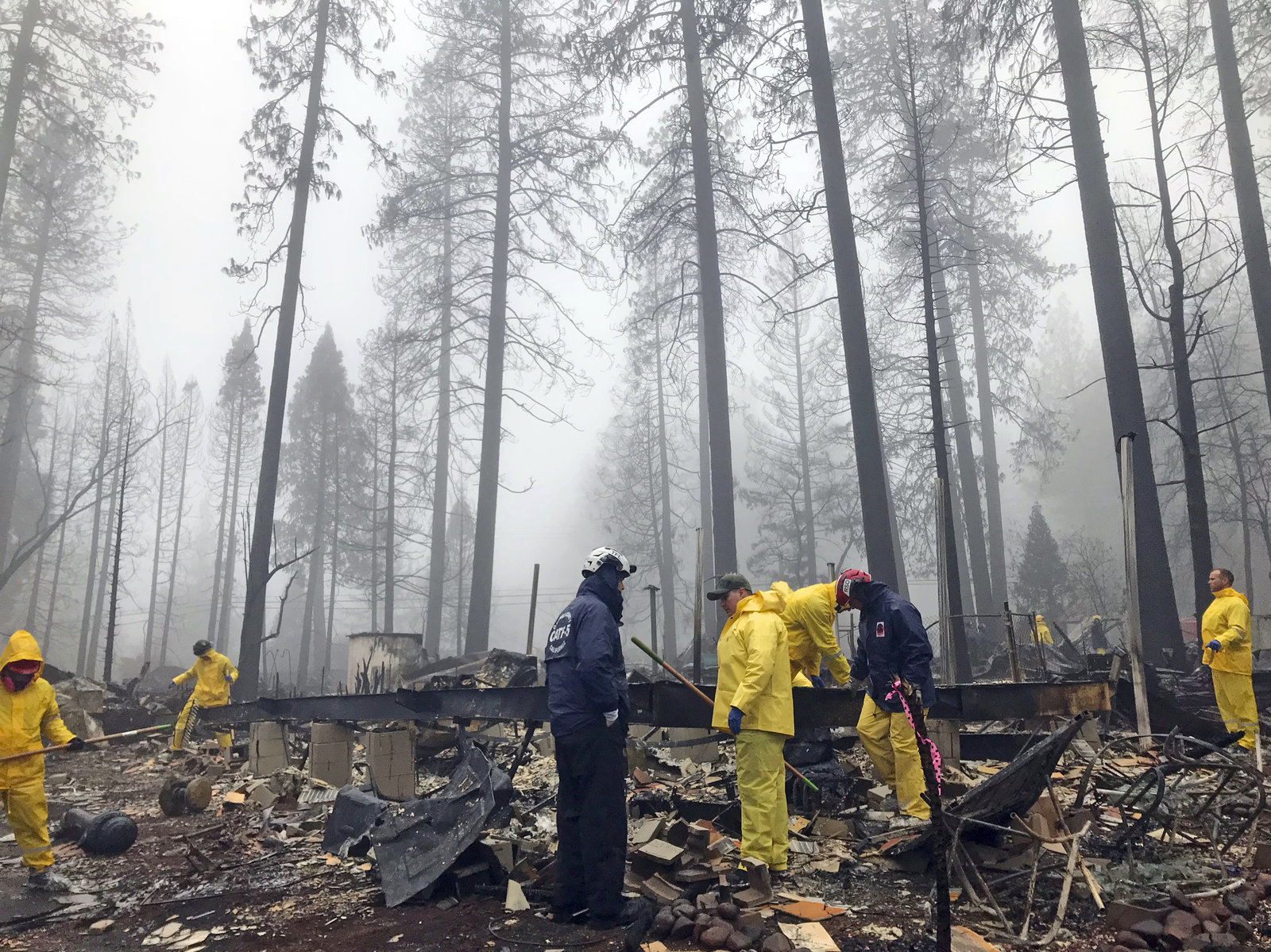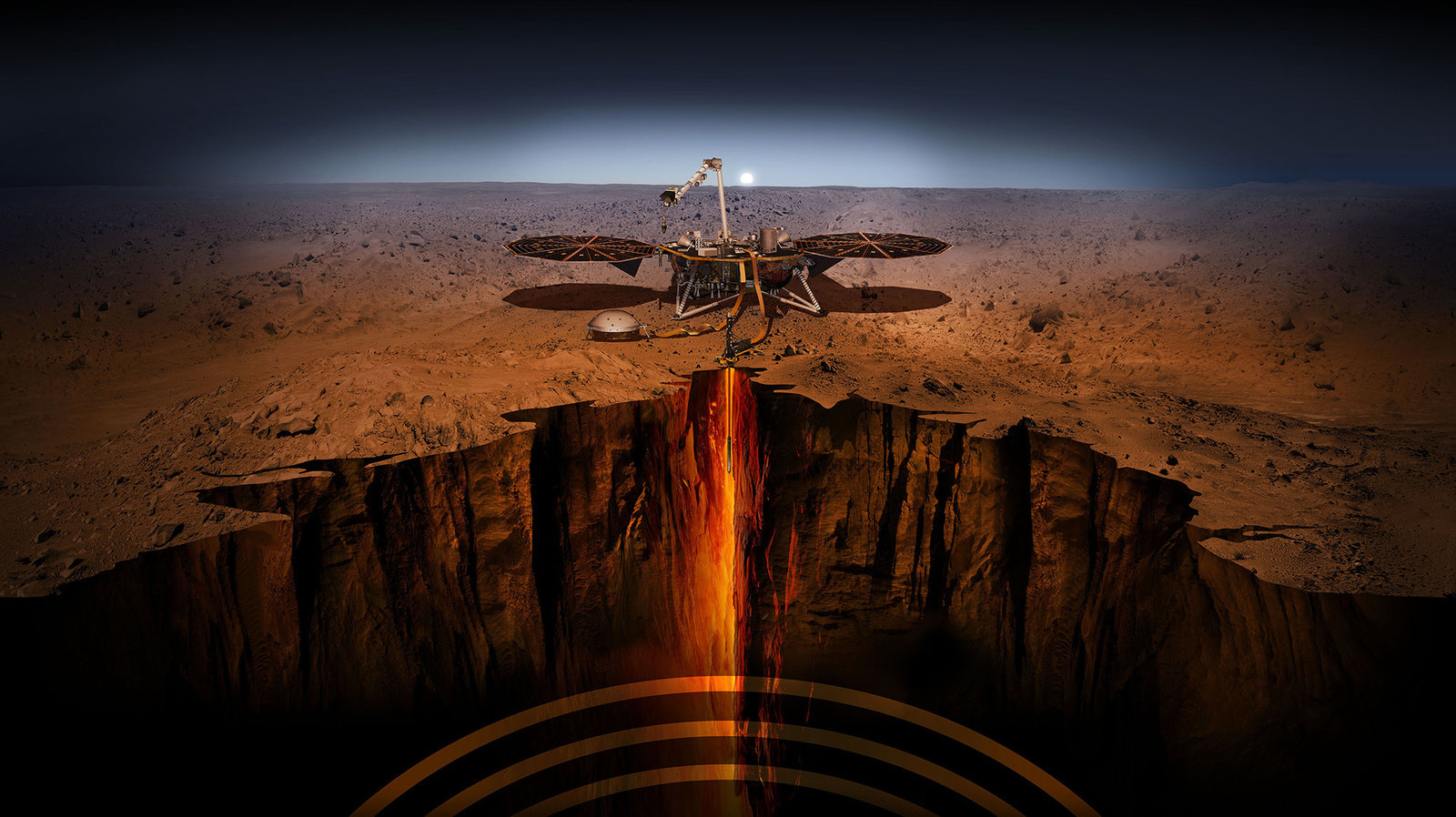 Wednesday, December 19, 2018 at 11:19AM
Wednesday, December 19, 2018 at 11:19AM Green 'Christmas Comet' Visible In Night Sky
"This month, a comet called 46P/Wirtanen is doing a dramatic fly-by, giving Earth an unusually good view of its greenish glow."
an unusually good view of its greenish glow."
"The timing of the comet's apparition — and its seasonally appropriate coloring — have led some to dub it the 'Christmas Comet.'"
"On Sunday, Wirtanen's proximity to Earth placed it in the top 10 of Earth's modern 'comet close encounters,' according to the University of Maryland's astronomy department. And few of those other close-proximity comets were bright enough to see with the naked eye, as Wirtanen is."
"'This will be the closest comet Wirtanen has come to Earth for centuries and the closest it will come to Earth for centuries,' Paul Chodas, manager of the Center for Near-Earth Object Studies at NASA's Jet Propulsion Laboratory in Pasadena, Calif., said in a statement."
"On Sunday night, at its closest point, the comet was about 30 times as far away as the moon. While that evening offered the prime viewing opportunity, the comet will continue to be visible from some locations worldwide for several more days."



